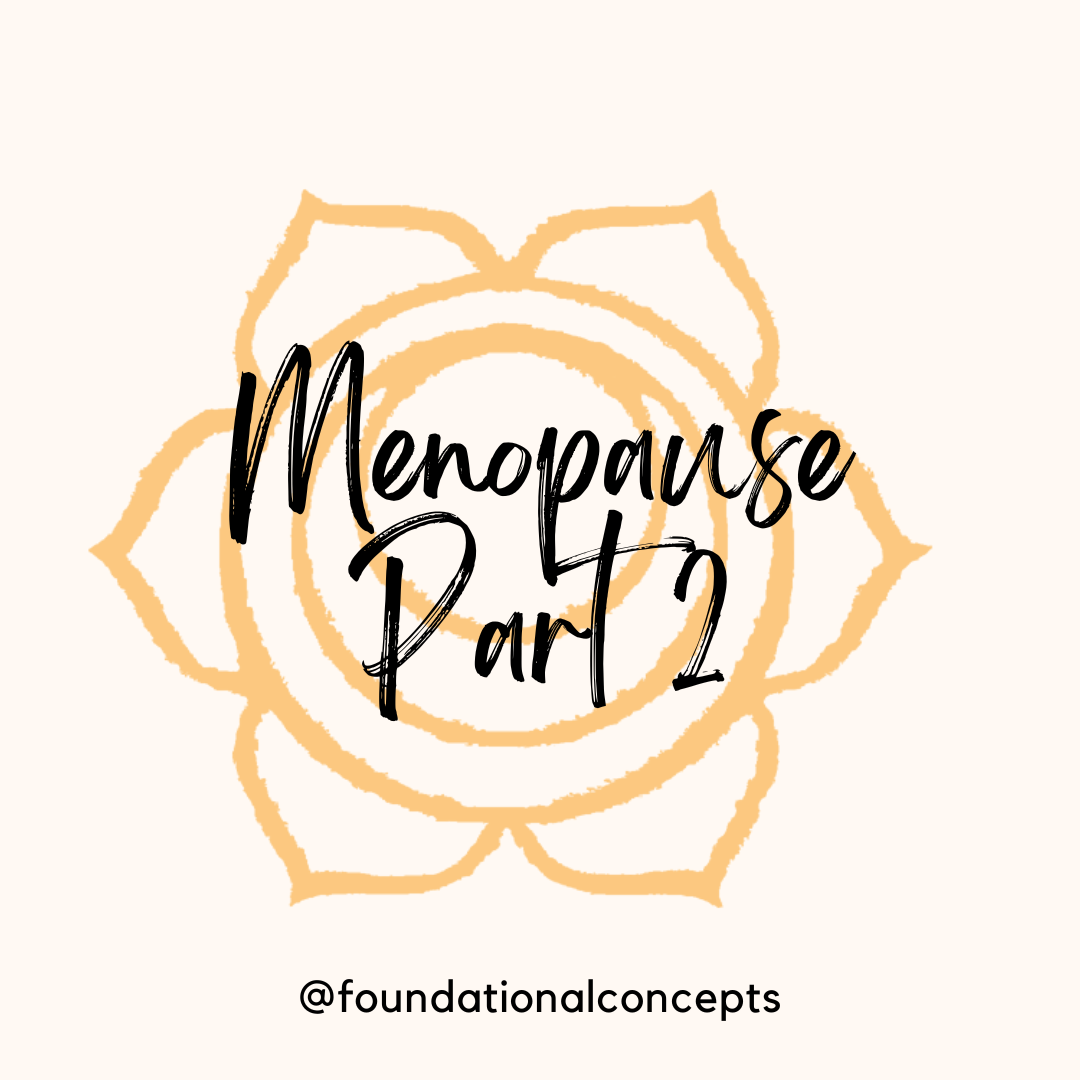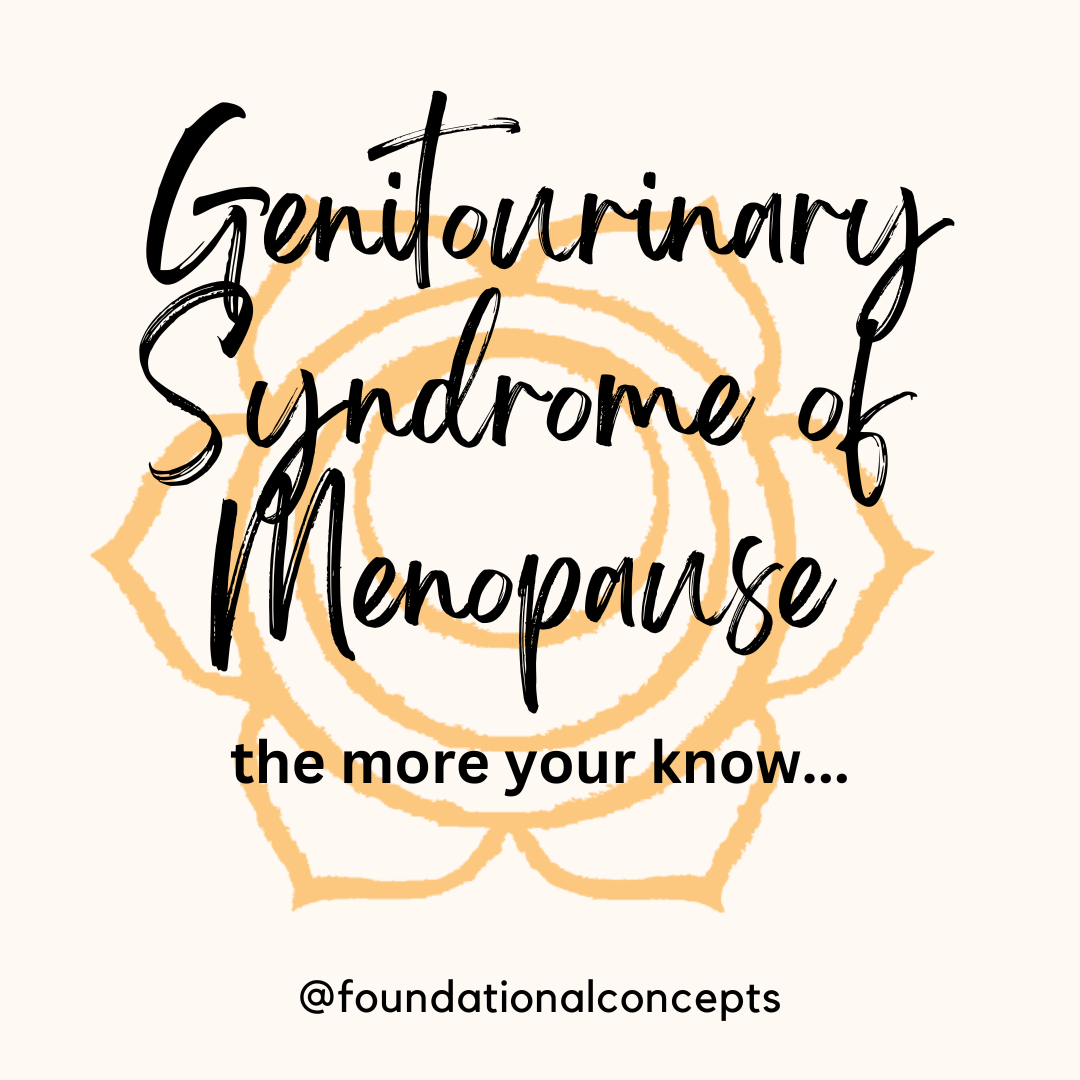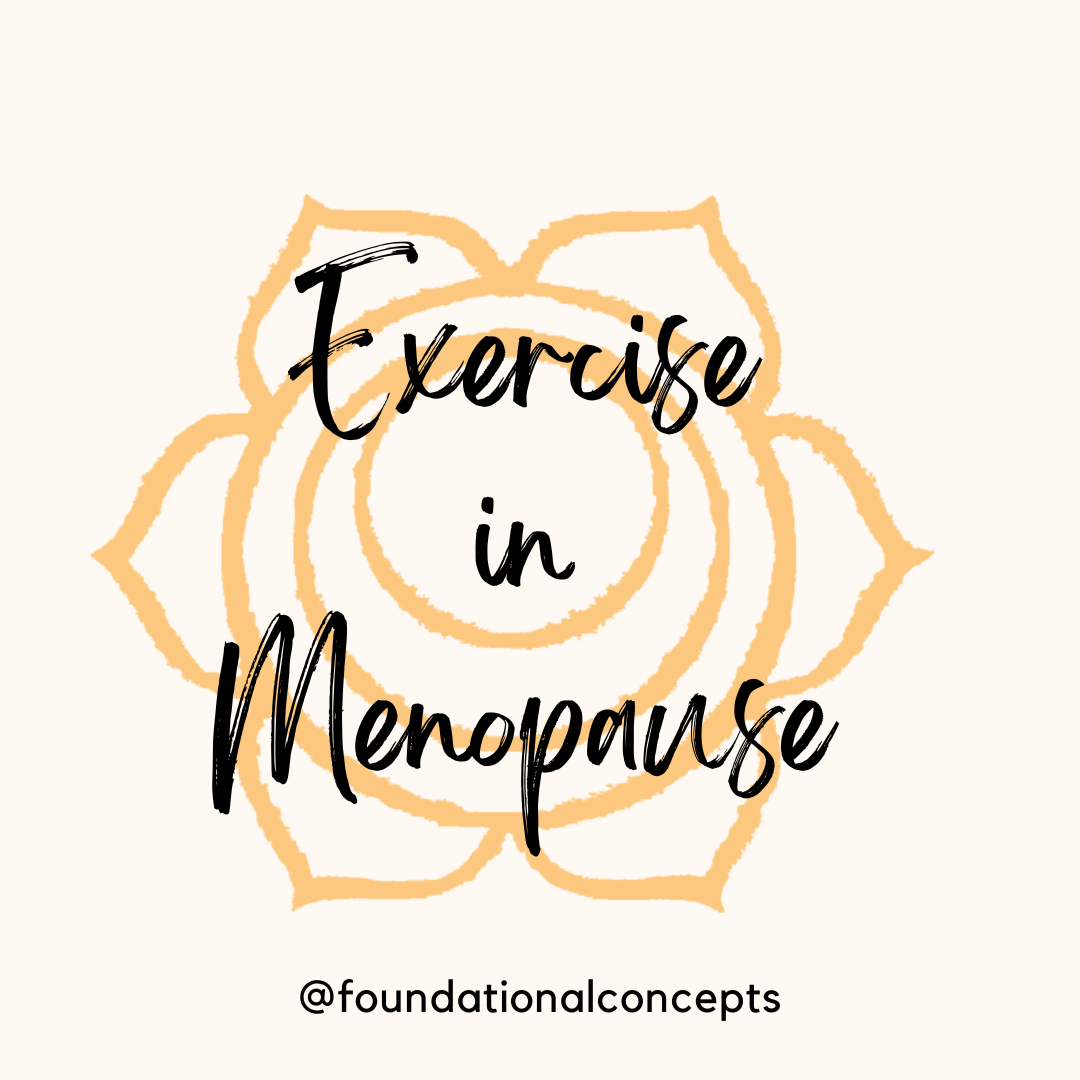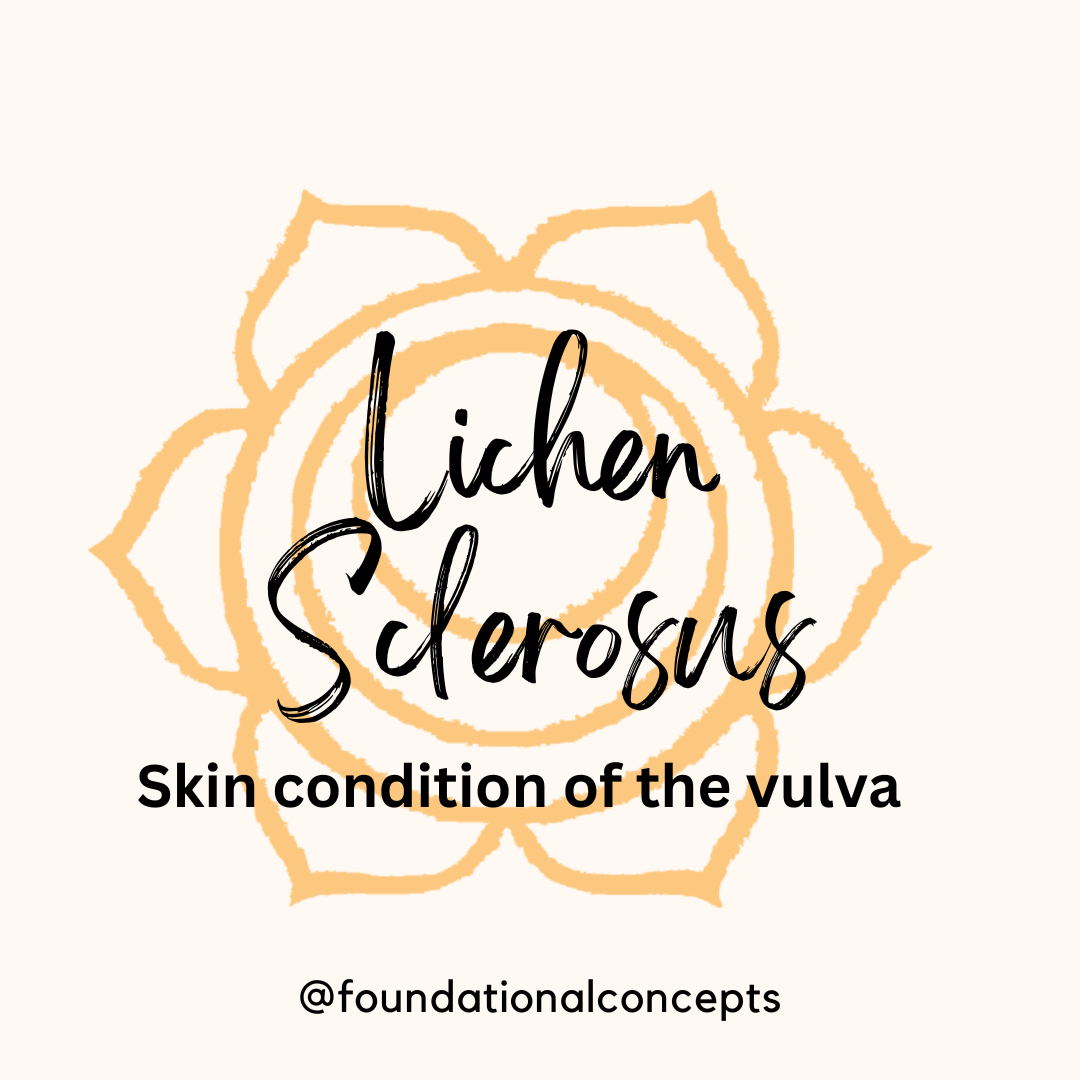Halle Berry was recently featured in People Magazine about perimenopause and the pain and vaginal…

Menopause Part 2
The decrease in estrogen during menopause and into post-menopause includes many of the symptoms we discussed in the last blog post about the stages of menopause. One of the most common things that we see as pelvic floor physical therapists in our menopausal patients is called Genitourinary Syndrome of Menopause (GSM).
The symptoms of GSM include:
- vaginal dryness
- atrophy of the vulvar tissue
- painful intercourse
- stress or urge incontinence
- increased risk of urinary tract infections (UTI).
As the vaginal tissue becomes less elastic during menopause, women may experience discomfort, tearing, or pain with intercourse. The vulvar tissue also thins and the clitoral hood becomes smaller. This can contribute to discomfort with sitting, walking, intercourse, and urination. Due to the chemical changes in the vaginal canal, the environment changes from acidic to more alkaline which makes the chemical environment more susceptible to UTI and bacterial vaginitis infections.
Treatment of GSM sometimes requires a multi-prong approach to help treat the tissue changes and to help decrease the symptoms that occur due to the tissue changes. We work closely with our patients’ providers in helping determine appropriate medications to improve the elasticity and thickness of the tissues down there.
Pelvic floor physical therapy will help with the education for vulvar and vaginal tissue health. Whenever tissues are irritated, the muscles underneath tense up to protect us. This can be a vicious cycle of irritated skin causing tight muscles, which causes more pain with intercourse which contributes to more muscle tightness. We help to break the pain cycle with appropriate stretching, helping with breathing and relaxation techniques, and improved bladder techniques to help decrease the risk of infections.
Some of the resources we give our patients are regarding vulvar skin care and products that help with this. For vulvar irritation and dryness aquaphor, coconut oil, or v-magic are good options that patients have reported good results with. With intercourse, we educate our patients about the different types of lubricants for decreased pain or discomfort. And the importance of picking a lube that is healthy for your vagina!. These are Uber lube, Good Clean Love, and Yes! are good options. Plain old coconut oil or avocado oil work great too. It is important to avoid a lube with glycerin such as KY Jelly, as the glycerin can further dry out and irritate the tissues and impacts the pH balance in the vagina.
It is important to address GSM symptoms for decreased infection risk and improved vulvar skin health. It is also important to decrease the pain and irritation with intercourse. Pelvic floor PTs are a great resource to start the conversation and help find the resources you need during menopause. We offer a free, 15 minute phone consultation to answer any questions you may have to make sure you are in the right place for healing.



